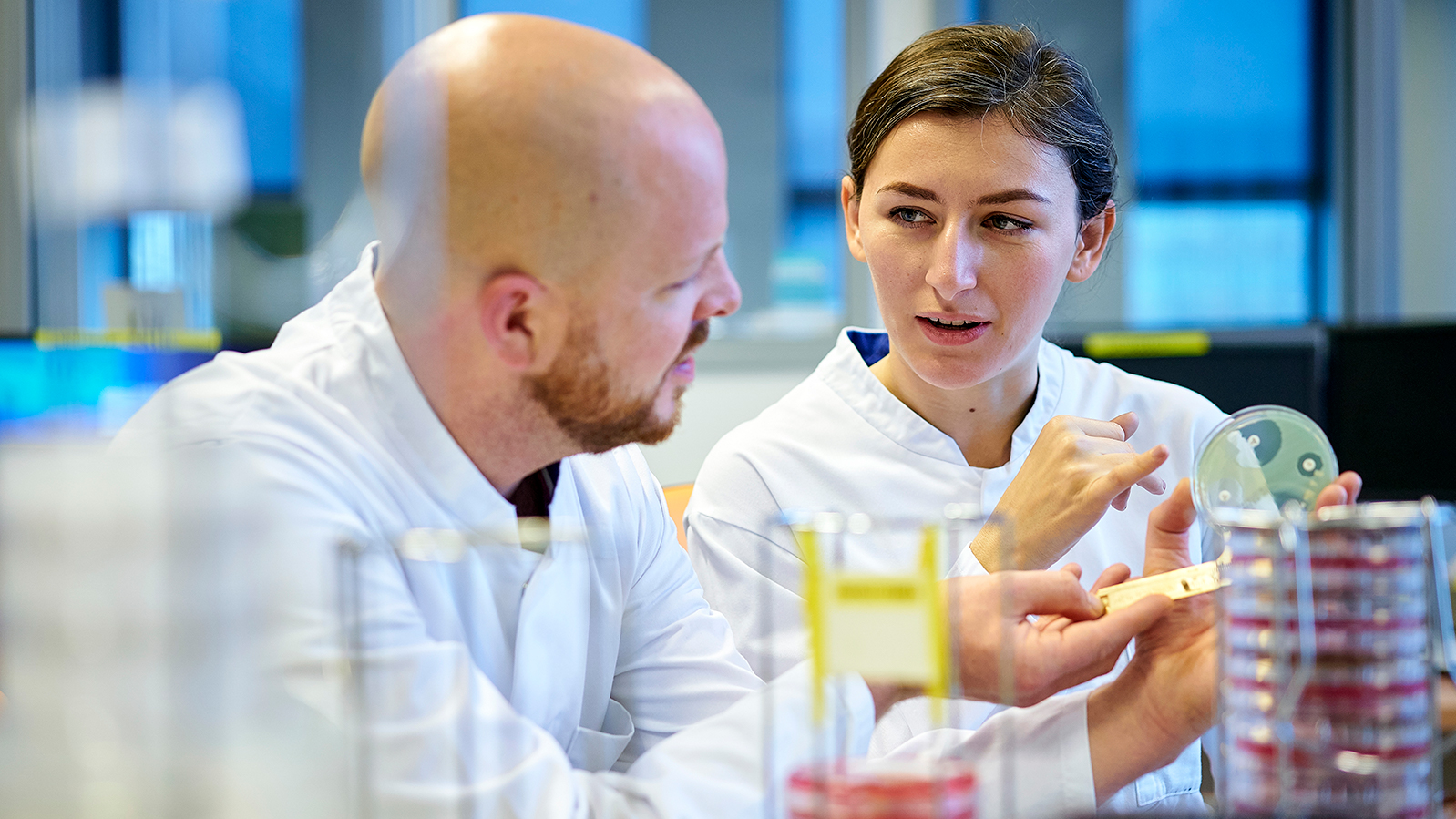What we do
About our project
Background
Prospective data on breast cancer incidence in healthy CHEK2 mutation carriers are needed for better risk stratification by age and family history. Insight is lacking in the uptake of diagnostic testing and breast cancer screening, and the efficacy of screening in CHEK2 positive families. Moreover, for CHEK2 carriers with breast cancer, accurate risk estimations of contralateral breast cancer are needed, both for counseling regarding follow-up regimen, type of therapy and potentially risk-reducing contralateral mastectomy.
Worse prognosis has been reported for CHEK2-associated breast cancer, being poorly understood, since the large majority is estrogen receptor-positive. Whether these tumours feature unfavourable (molecular) characteristics, is unknown.
Plan of investigation
Identified CHEK2 mutation carriers, both affected and healthy, are being included in the HEBON research database. For prospective breast cancer risk assessment, all unaffected women from CHEK2-positive families are eligible and will be followed in time until event of interest (breast cancer), risk-reducing mastectomy or end of follow-up. Data on genetic testing, pedigree information and results of screening visits will be documented.
For the clinical aspects of CHEK2 breast cancer we will collect data on radiologic imaging; patient-, tumour- and treatment characteristics and clinical follow-up of breast cancer patients as well as normal and tumour tissue of a subgroup for detailed molecular analyses.

Impact on society
Our project will yield a more refined risk-assessment tool for women at increased risk of breast cancer due to a CHEK2 mutation.
Knowledge of age-specific breast cancer risk for carriers and non-carriers from CHEK2 families will optimize breast cancer surveillance regimens, leading to a personalized advice for age to start screening, not too early (improving quality of life) and not too late (improving prognosis), and type of breast cancer surveillance.
Our research focus
Expected outcome
Results will provide evidence for CHEK2-tailored guidelines regarding testing, breast cancer surveillance and therapy, both for primary breast cancer and contralateral breast cancer.
We will obtain a more accurate, age-specific risk model of breast cancer for individual women from CHEK2-positive families; and for CHEK2-positive breast cancer patients, also of contralateral breast cancer in relation to age at primary breast cancer and treatment factors, enabling optimalization of individual counselling by clinical geneticists and oncologists.
Findings will contribute to better knowledge of clinical outcome of CHEK2-associated breast cancer, improving individualized breast cancer surveillance, treatment and follow-up schedules.
Funds & Grants
Collaborations
Internal collaborations
We work in close collaboration with other departments involved in the diagnostics and research of hereditary breast cancer:
- Clinical Genetics
- Pathology
- Radiology
- Surgical Oncology
External collaborations
- Netherlands Cancer Institute: Molecular Pathology/Epidemiology, Prof. Marjanka K. Schmidt; Clinical Genetics, Dr. Muriel A. Adank
- Netherlands Cancer Registry, IKNL
- HEBON: Netherlands Collaborative Group on Hereditary Breast and Ovarian Cancer
- BCAC: Breast Cancer Association Consortium
Our team
- Maartje Hooning
- Antoinette Hollestelle
- Maartje Schreurs
- Marcel Smid
- Margriet Collee
- Yvonne Unkel
Contact us? Mail to hebon.chek2@erasmusmc.nl
